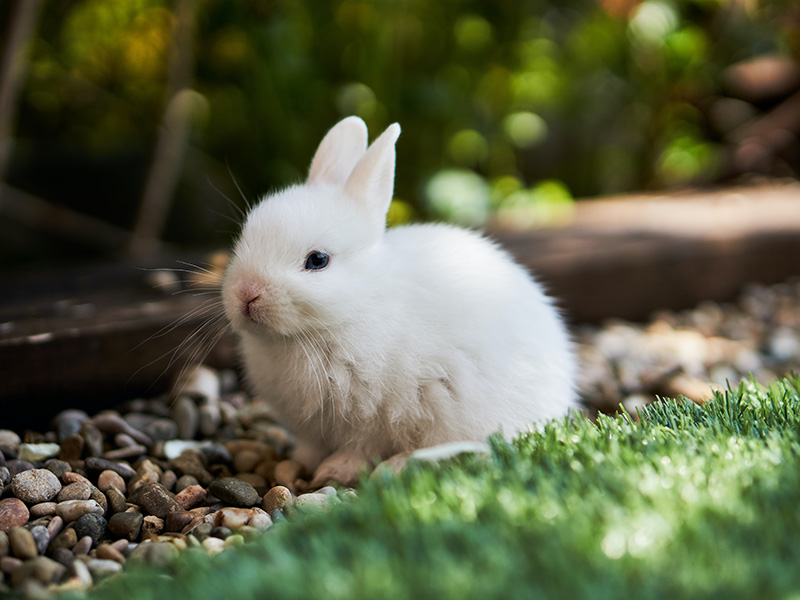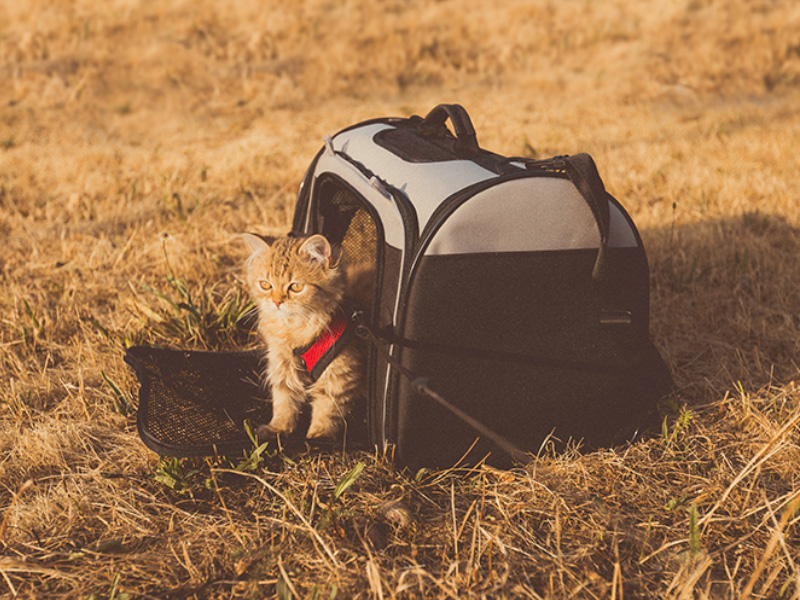Protecting your rabbit from flystrike
Protecting your rabbit from flystrike
What is flystrike?
Flystrike (also known as myiasis) happens when flies lay eggs on your rabbit. These are usually blowflies like bluebottles or greenbottles. The eggs hatch into maggots which will then start to eat through the flesh of your rabbit. This is very painful and can cause death within a very short amount of time. Flies are usually attracted to open wounds and stuck faeces in the coat of the rabbit, and lay their eggs here.
What types of rabbits are prone to it?
Any rabbit can develop flystrike. However, rabbits that are more prone to flystrike are those which:
- Are overweight (and cannot groom themselves well)
- Have diarrhoea or are incontinent
- Have limited mobility (for example, those that have arthritis and cannot groom or move around as well)
- Have open wounds on the body
What do I do if I find maggots or fly eggs on my rabbit?
If there are visible maggots or fly eggs on your rabbit then you should call your vet immediately. Rabbits can go into shock and die very quickly, and will require intensive medical care in all but the mildest of cases. If you can safely remove any of the larger adult maggots then do so, but don’t delay seeking out veterinary help. Sadly, if the maggots have caused lots of damage, then euthanasia may be recommended.
How can we prevent it?
It is very important to check your rabbit all over every day, increasing to twice a day once the warmer weather begins - this is usually from April to October. Fly eggs look like clumps of small grains of white rice and you will find them within the fur and on the skin. Pay particular attention to the rabbit’s bottom! If your rabbit is soiled then wash them gently in warm water and dry them off.
Keep your rabbit’s environment clean and dry, and remove any urine and faeces from their enclosure as soon as you notice it. Flies will be especially attracted to droppings that are not cleared out in the warmer weather.
We recommend using an anti-parasitic treatment that is effective against blowfly egg development (these products do not kill adult maggots, but stop the fly eggs from hatching). Rearguard is a commonly used option which comes in a bottle with an applicator sponge. This should be applied every 8-10 weeks over the summer period following the manufacturers guidelines.
-
Previous
-
Next




















